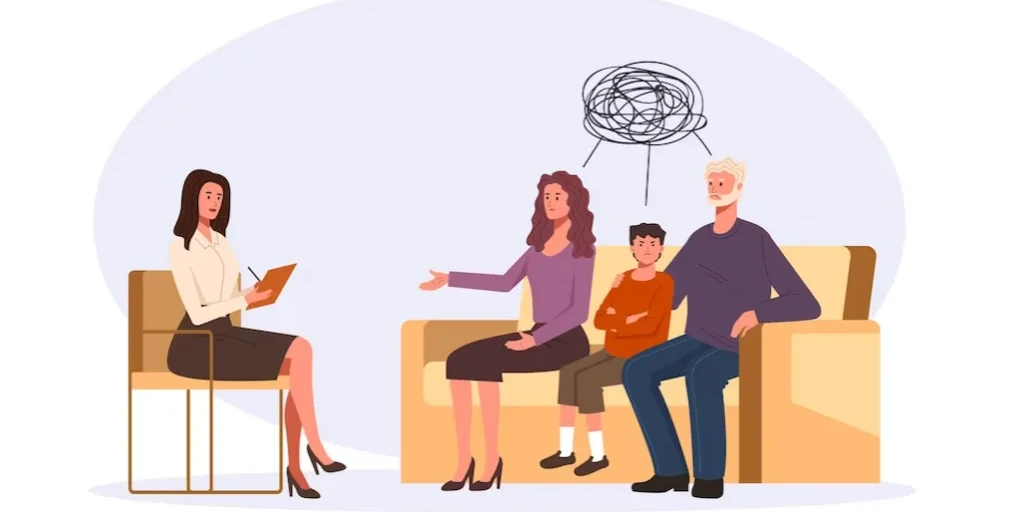24/7 Helpline:
(866) 899-221924/7 Helpline:
(866) 899-2219
Learn more about Medication-assisted Treatment centers in North Hollywood
Medication-assisted Treatment in Other Cities

Other Insurance Options

UMR

WellPoint

Oxford

Carleon

Regence

Molina Healthcare

Health Net

Aetna

Private insurance

Choice Care Network

Amerigroup

MVP Healthcare

Highmark

American Behavioral

Holman Group

Ambetter

CareSource

Sliding scale payment assistance

Sutter

Meritain

Eternal Purpose Recovery Center
Eternal Purpose Recovery Center is a luxury alcohol and drug rehab located in North Hollywood, Calif...

Interagency Drug Abuse Recovery Program – IADARP
Interagency Drug Abuse Recovery Program – IADARP is a non-profit rehab located in North Hollywood, C...






Dial Education Center
Dial Education Center is a private rehab located in North Hollywood, California. Dial Education Cent...

Twin Town Treatment Centers
Twin Town Treatment Centers - Laurel Canyon Boulevard offers outpatient treatment for individuals wi...












